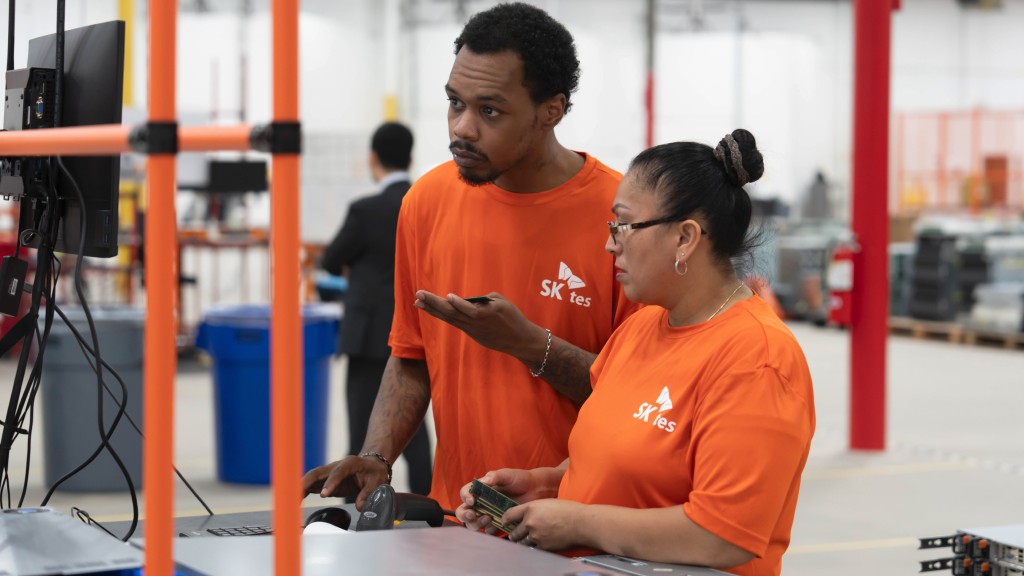New report finds growth in online sales of electronics is enabling some producers to neglect EPR

A new report from OECD (Organisation for Economic Cooperation and Development) has found that the rapid growth in online sales of electronic goods is enabling some producers and retailers to shirk their responsibilities for the environmental impact of their products, normally enforced through Extended Producer Responsibility (EPR) systems. The report estimates this occurs with 5-10 percent of online electronics sales, meaning lower collection rates for items at the end of their life cycle and reduced financing for waste management.
According to the OECD, there are some 400 EPR systems in place worldwide, all of which aim to make producers responsible for the environmental impact of their products from the design stage through to end-of-life. Online sales however create free-riding opportunities, as people can buy more easily from sellers in other countries. These sellers often have no physical or legal entity in the buyer's country, and are not registered with national or local EPR schemes. This means they avoid the obligations and costs that would normally apply to producers and retailers under EPR systems.
The new report looks in particular at electrical and electronic goods - such as mobile phones, LED lights and washing machines - and identifies measures governments could consider to address this issue, including the introduction of new regulatory measures.
You can read the report here: Extended Producer Responsibility and the Impact of Online Sales



